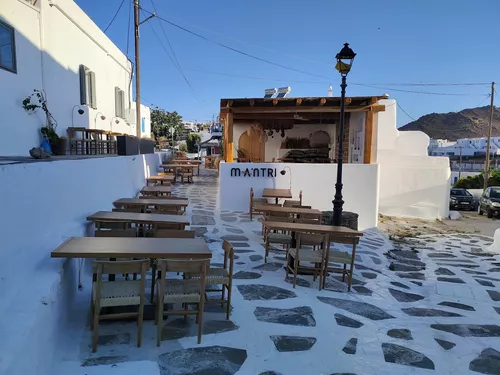The best time to visit Greece is during the shoulder seasons, which are spring (April-May) and autumn (September-October). During these months, the weather is pleasantly warm, the crowds are smaller compared to the peak summer months, and prices for accommodation and flights are generally lower. The landscapes are also particularly beautiful during these times, with wildflowers blooming in spring and the vineyards turning golden in autumn.
Summer (June-August) is the peak tourist season in Greece. The weather is hot and sunny, ideal for swimming and sunbathing. However, popular destinations like Santorini and Mykonos can get very crowded, and prices are at their highest. If you plan to visit during summer, booking accommodation and transportation well in advance is recommended.
Winter (November-March) is the off-season in Greece. The weather can be cold and rainy, and many tourist facilities, especially on the islands, may be closed. However, winter can be a good time to visit if you're interested in exploring historical sites without the crowds, or if you're planning a skiing trip to the mountains of northern Greece. Keep in mind that ferry services to some of the smaller islands may be limited during this time.
Ultimately, the best time to visit Greece depends on your preferences and what you want to experience. If you prioritize pleasant weather and fewer crowds, spring and autumn are ideal. If you're looking for hot weather and vibrant nightlife, summer is the best choice, but be prepared for higher prices and more people. Winter offers a quieter and more affordable experience, but some areas may be less accessible.


































